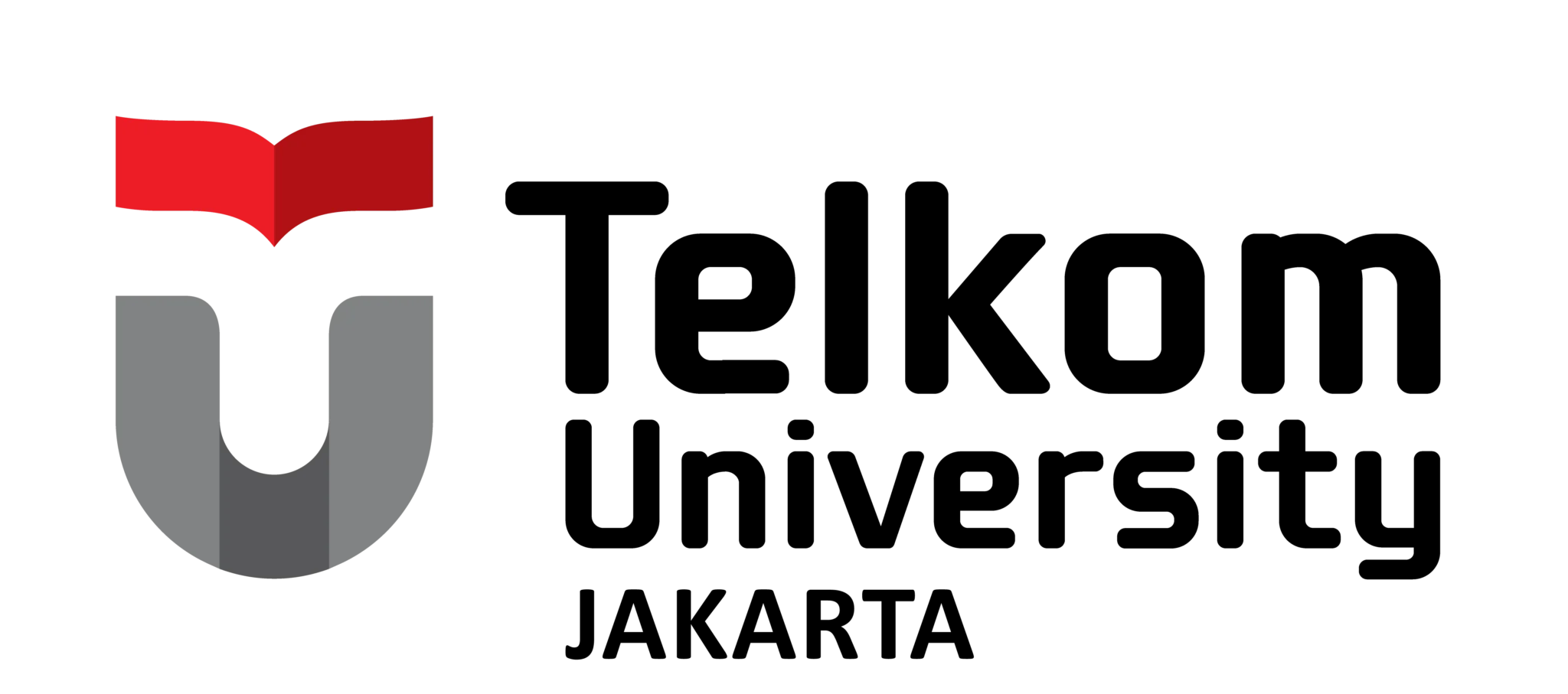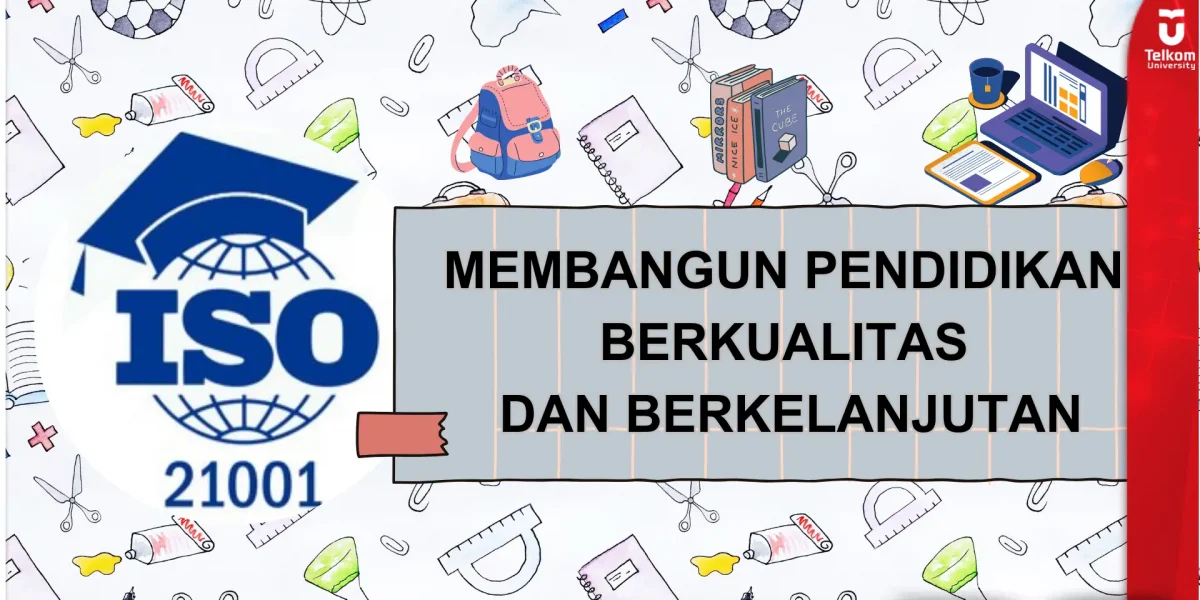ISO 21001 : Building Quality and Sustainable Education
In an era of education that continues to develop, the need for effective and quality education management is increasingly important. All education strives and hopes to provide the best educational experience for their students. The education system needs to be packed with various things that make students always enthusiastic and curious about what they can get in the world of education, not only in the academic field but also in the non-academic field. However, it cannot be denied that education is still unequal due to various factors such as limited access, unequal quality of teachers and education personnel, irrelevant curriculum, quality of facilities and infrastructure and even the digital divide. This cannot be done if we only rely on the government, but all roles must be directly involved in the development of education to make it more developed.
Quality Education
There are many aspects or factors that influence the assessment or quality of education, in terms of the teaching system, learning system, student achievement, environmental conditions, learning support infrastructure and other things. To obtain measurable quality, educational organizations need to have standards to be used as a reference in achieving the quality they should be. There are several standards that can be used as a reference in the world of education, one of which is ISO 21001 which is popularly used for educational organization management systems (SMOP). This standard helps educational institutions improve the quality and efficiency of the learning process. However, this standard is not the only standard that must and must be used by all educational institutions to obtain good quality, there are still several standards that can support the quality of education, but in this article we will focus on discussing ISO 21001: Developing Quality Education and Sustainable.
Definitions, Benefits, and Clauses
ISO 21001 is an international standard developed by the International Organization for Standardization (ISO) which focuses on discussing Education Management Systems. This standard provides guidance for educational institutions in managing operations to be more efficient, improve the quality of education, and meet the needs of students and other stakeholders. ISO 21001 helps educational institutions understand and meet student expectations, plan and control educational operations, and monitor and evaluate educational performance on an ongoing basis.
By implementing ISO 2001, it means that educational institutions have implemented effective processes and are trying to improve the quality of education.
There are 10 clauses in ISO 21001, namely as follows:
- Scope
- normative reference
- Terms and Definitions
- Organizational Context: Discusses the identification of relationships between processes, internal and external issues, as well as relationships with stakeholders that can influence educational operations
- Leadership: Discusses the obligations that must be carried out by top management to achieve quality education goals
- Planning: Discusses the steps that need to be taken to plan an education management system, including setting educational goals, identifying risks and opportunities.
- Support: Discusses all resource guidelines, competencies and infrastructure needed to support the education management system.
- Operational: Discusses all matters relating to operations, starting from the learning and teaching process, as well as ensuring the fulfillment of student needs.
- Performance evaluation: Discusses the evaluation and monitoring methods needed to measure educational performance and achieve continuous improvement.
- Improvement: Discusses the importance of a continuous improvement cycle that must be carried out
And then, ISO 21001 also encourages innovation in educational approaches, increases student satisfaction and builds a strong reputation of educational institutions in better and sustainable education management.

